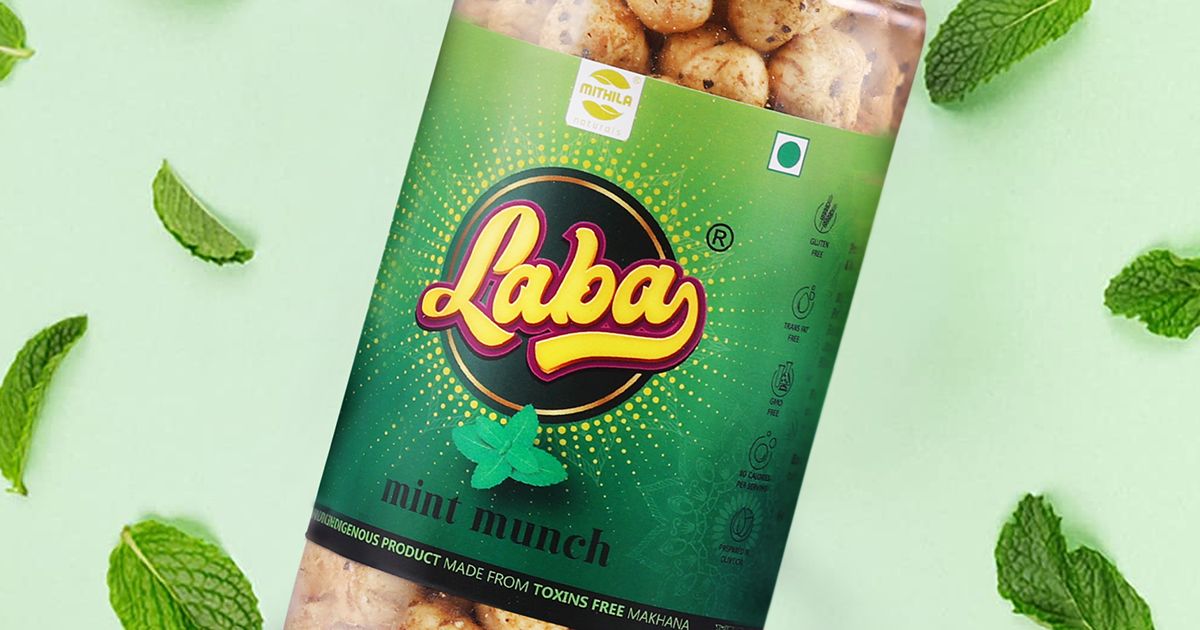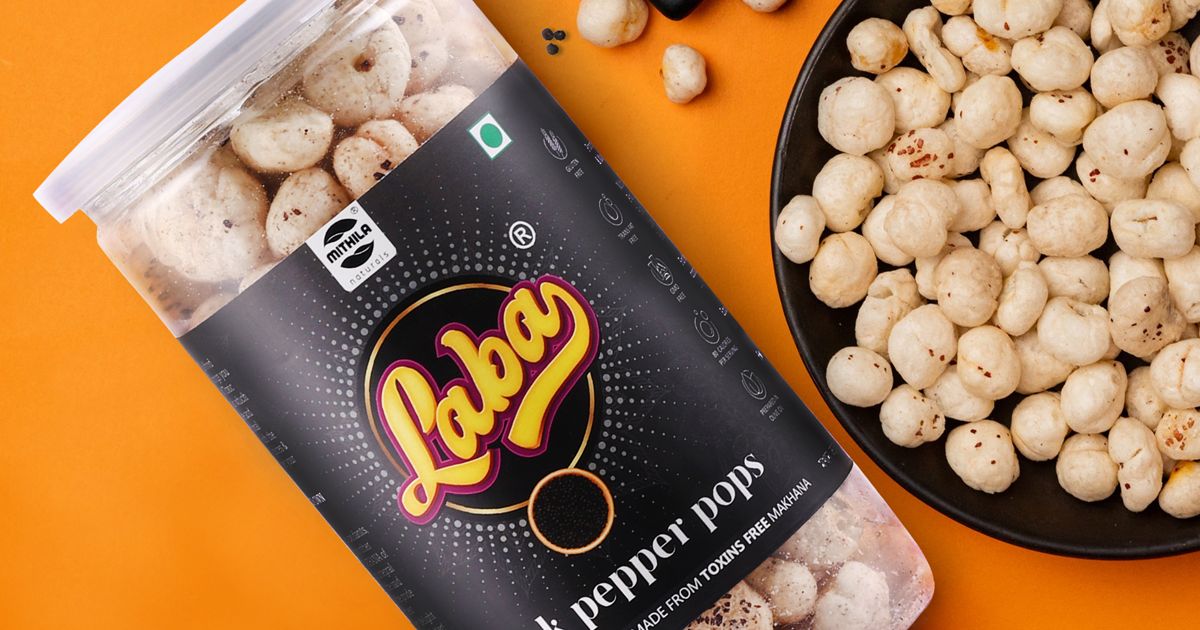Sustainable Snacking Choice of Millennials: The Makhana Advantage

In today's fast-paced world, where convenience often trumps sustainability, it's refreshing to find a snack that not only pleases the taste buds but also aligns with eco-conscious values. Makhana, also known as fox nuts or lotus seeds, is emerging as a sustainable snacking choice that offers a plethora of benefits beyond its delicious flavour. In this blog, we'll explore what makes Makhana a sustainable snacking choice, its journey from farm to table, and the positive impact it has on the environment and local communities.
A Brief Introduction to Makhana
Makhana is the seed of a type of lotus flower and has been consumed in India for centuries. Native to the state of Bihar, it is revered not only for its taste but also for its numerous health benefits. Makhana is naturally gluten-free, low in calories, and rich in essential nutrients like magnesium, potassium, and phosphorus. It's also an excellent source of protein, making it an ideal snack for vegetarians and vegans.
The Sustainable Harvesting Process
One of the primary reasons Makhana is considered a sustainable snacking choice is the way it's harvested. The entire process is environmentally friendly, starting with the cultivation of lotus plants in shallow ponds and wetlands. Unlike conventional agriculture, Makhana farming doesn't require synthetic fertilizers or pesticides, which can harm the ecosystem.
The lotus plants themselves play a crucial role in maintaining water quality and supporting biodiversity. Their large leaves provide shade, reducing the growth of algae and ensuring the pond remains a healthy habitat for fish and other aquatic life. Moreover, the lotus plants absorb excess nutrients from the water, preventing water pollution and promoting a balanced ecosystem.
Local and Rural Employment
Makhana farming is often a source of livelihood for rural communities, particularly in Bihar, where it has been a traditional occupation for generations. By choosing Makhana as a snack, consumers indirectly support these communities, helping to improve their economic well-being.
The process of harvesting Makhana involves skill and labour. Local farmers and harvesters carefully collect the mature lotus seeds, often working in family units or small cooperative groups. This labour-intensive approach ensures that Makhana remains a sustainable industry that supports local jobs and preserves cultural traditions.
Reduced Food Waste
Sustainability isn't just about how a product is grown; it's also about how it's processed and consumed. Makhana excels in this aspect as well. The seeds are naturally long-lasting and resistant to spoilage, reducing food waste. Unlike many other snacks that come in plastic packaging, Makhana is often packaged in eco-friendly materials, further reducing its environmental footprint.
Healthy Soil and Water Management
Makhana cultivation contributes positively to soil and water management practices. Lotus plants help in soil retention, preventing erosion in wetland areas. Their deep roots also improve soil structure and aeration. Additionally, Makhana ponds serve as effective rainwater harvesting sites, recharging groundwater and helping maintain local water tables.
Makhana as a Sustainable Alternative
Choosing Makhana as a snack is not just about its positive environmental impact; it's also about making a healthier choice for yourself. Unlike many popular snacks that are high in artificial flavours, preservatives, and unhealthy fats, Makhana is a clean, whole food. It's air-popped, not fried, making it lower in calories and unhealthy trans fats.
Moreover, Makhana's nutritional profile is impressive. It's a source of antioxidants, making it a snack that supports your body's natural defence mechanisms against harmful free radicals. The high magnesium content promotes heart health, and its low glycaemic index makes it an excellent choice for those concerned about blood sugar levels.
Incorporating Makhana into Your Snacking Routine
Now that we've established Makhana's sustainability and health benefits, you might be wondering how to include it in your daily snacking routine. Here are some delicious and healthy ways to enjoy Makhana:
- Roasted Makhana: A simple and classic preparation involves roasting Makhana with a touch of ghee (clarified butter) or olive oil and a sprinkle of your favourite spices. Add some salt, pepper, or a dash of turmeric for flavour.
- Makhana Trail Mix: Mix roasted Makhana with nuts, dried fruits, and seeds to create a crunchy and nutritious trail mix. This is perfect for on-the-go snacking.
- Makhana Chaat: Toss roasted Makhana with chopped vegetables, yogurt, and tangy chutneys to create a flavourful Makhana chaat. It's a healthier twist on a popular Indian street food.
- Makhana Kheer: For those with a sweet tooth, make a creamy and delicious Makhana kheer (rice pudding) as a dessert or a treat.
- Makhana-Crusted Chicken or Fish: Crushed Makhana can be used as a coating for baked or pan-fried chicken or fish for a nutritious and gluten-free alternative to breadcrumbs.
The Future of Sustainable Snacking

As we become more conscious of our choices and their impact on the planet, sustainable snacking options like Makhana are gaining popularity. It's not just a snack; it's a step towards supporting eco-friendly practices, preserving cultural traditions, and making healthier choices for us and the environment.
The next time you reach for a snack, consider the positive impact you can have by choosing Makhana. It's a small choice that can make a big difference—a choice that supports sustainable agriculture, rural communities, and your own well-being. So, let Makhana be your go-to snack, not only because it's delicious but also because it's a sustainable snacking choice that centres health and life principles.
In a world where sustainability is the need of the hour, Makhana stands as a shining example of how a simple snack can contribute to a brighter and more environmentally friendly future.






Leave a comment
Please note, comments need to be approved before they are published.